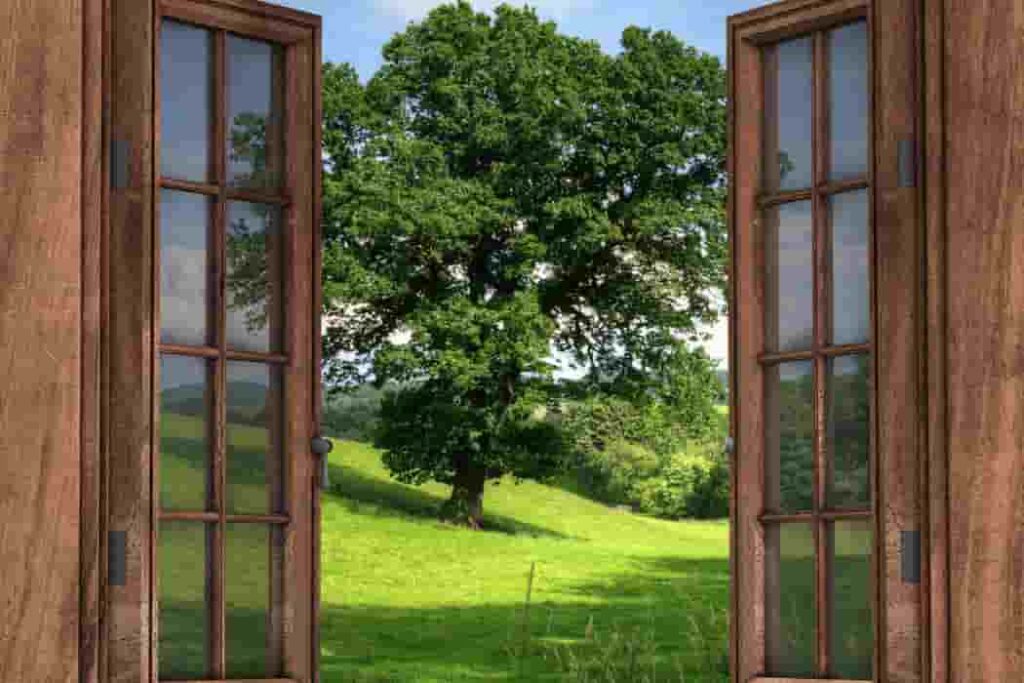In today’s ever-changing world, energy efficiency has become a top priority for many homeowners. With rising energy costs and increasing awareness of environmental concerns, it’s no wonder that more and more people are looking for ways to make their homes more efficient. One of the most effective ways to achieve this is through window replacement. Windows play a crucial role in the overall energy efficiency of a home, as they can significantly impact the amount of heat that enters or escapes. However, with so many options available in the market, choosing the right energy-efficient windows can be a daunting task. This is where our ultimate guide comes in. In this comprehensive article, we will provide you with all the necessary information and insights to help you make an informed decision when it comes to energy-efficient window replacement. From understanding the benefits of energy-efficient windows to knowing how to choose the right ones for your home, we’ve got you covered. So, let’s dive in and explore the world of energy-efficient window replacement.

Increase energy efficiency with replacement windows
Investing in replacement windows is a smart choice for homeowners looking to increase the energy efficiency of their homes. Windows are a significant source of heat gain or loss, especially in older houses with outdated or inefficient windows. By replacing them with energy-efficient windows, you can significantly reduce your energy consumption and lower your utility bills. These windows are designed with advanced technologies such as double or triple-pane glass, low-emissivity coatings, and insulated frames, all working together to minimize heat transfer and maintain a comfortable indoor temperature year-round. Additionally, energy-efficient windows can also provide better insulation against outdoor noise, enhance the overall aesthetics of your home, and potentially increase its resale value. With the multitude of benefits they offer, replacement windows are a worthwhile investment for homeowners seeking long-term energy savings and improved sustainability.
Choose the right window materials
Selecting the appropriate window materials is a crucial aspect of energy-efficient window replacement. The choice of materials can impact the overall performance and durability of the windows. One popular option is vinyl, which is known for its excellent insulation properties, low maintenance requirements, and affordability. Another option is fiberglass, which offers exceptional strength, durability, and resistance to warping or rotting. For a more traditional look, wood windows provide a classic aesthetic and excellent insulation, although they may require more maintenance. Additionally, aluminum windows are known for their strength and sleek design, but they can conduct heat and cold more easily. Each material has its own set of advantages and considerations, so it is essential to assess your specific needs and preferences when choosing the right window materials for your energy-efficient window replacement project.
Install windows with proper insulation
To ensure optimal energy efficiency, it is important to install windows with proper insulation. This step is crucial in preventing heat transfer, reducing air leakage, and maintaining a comfortable indoor temperature. One effective method is to use double or triple-pane windows, which consist of multiple layers of glass separated by insulating gas-filled spaces. These windows provide enhanced thermal insulation, minimizing heat loss during the winter and heat gain during the summer. Additionally, utilizing low-emissivity (low-E) coatings on the glass can further improve energy efficiency by reflecting heat back into the room. Properly sealing the windows with weatherstripping and caulking is another essential aspect of insulation. By eliminating drafts and sealing any gaps or cracks, you can significantly reduce energy waste and improve the overall efficiency of your windows.
Consider window placement and orientation
When it comes to energy-efficient window replacement, one often overlooked factor is the placement and orientation of the windows. The strategic positioning of windows can have a significant impact on the amount of natural light and heat that enters your home. South-facing windows, for example, can provide ample daylight and passive solar heating during the winter months. On the other hand, west-facing windows may lead to excessive heat gain in the afternoon, especially during hot summer days. By considering the location of your windows and their exposure to the sun at different times of the day, you can optimize energy efficiency and ensure a comfortable indoor environment throughout the year.
Don’t overlook window maintenance tips
Ensuring the longevity and efficiency of your windows goes beyond the initial installation process. Regular maintenance is essential to keep them functioning properly and to maximize their energy-saving potential. One crucial maintenance tip is to regularly clean the windows, both inside and out, to remove dirt, dust, and debris that can obstruct natural light and hinder insulation. Additionally, inspecting the weatherstripping and seals around the windows is important to identify any gaps or damage that could lead to drafts and energy loss. Furthermore, lubricating the hinges and tracks periodically will help to keep the windows opening and closing smoothly. By not overlooking these window maintenance tips, you can extend the lifespan of your windows and ensure that they continue to contribute to the energy efficiency of your home.
Conclusion
Energy-efficient window replacement is a smart and cost-effective investment for any homeowner. By choosing the right window materials, understanding energy ratings, and working with a trusted professional, you can significantly reduce your energy consumption and costs. Not only will you be making a positive impact on the environment, but you’ll also be creating a more comfortable and efficient living space. So, don’t wait any longer – start planning your energy-efficient window replacement today and reap the benefits for years to come.


